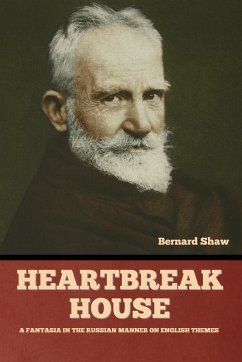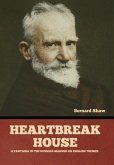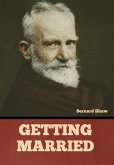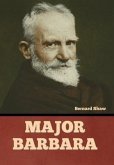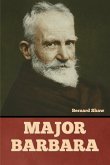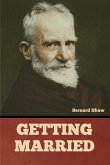Heartbreak House: A Fantasia in the Russian Manner on English Themes is a play written by George Bernard Shaw, first published in 1919 and first played at the Garrick Theatre in November 1920. According to A. C. Ward, the work argues that "cultured, leisured Europe" was drifting toward destruction, and that "Those in a position to guide Europe to safety failed to learn their proper business of political navigation". The "Russian manner" of the subtitle refers to the style of Anton Chekhov, which Shaw adapts. In the preface to the play Shaw acknowledges his debt to Chekhov, in particular to The Cherry Orchard. He writes that in comparison to himself, Chekhov was "more of a fatalist, had no faith in these charming people extricating themselves. They would, he thought, be sold up and sent adrift by the bailiffs; therefore he had no scruple in exploiting and even flattering their charm." Critics have taken very different views about Shaw's adaptation of Chekhov. Louis Kronenberger says that Shaw "turns Chekhov into a sort of literary Hyde Park soapbox dialectic for the theatre...We should be brow-beaten indeed to accept the idea that in Heartbreak House there is more than the merest hint or tiny reflection of Chekhov's true method, none of that pure, pains-taking economy and drawing, none of that humility of vision, none of that shy certainty of intuition. And Mr. Shaw's play has none of the variety in emotional rhythm that Chekhov's has, either in tone or in profound self-revelation among the characters." Louis Crompton, in contrast, says that, Shaw's avowed literary strategy, as we have seen, was to appeal to the most highly developed taste of the intelligentsia he was attacking. Shaw knew that Captain Shotover, his spokesman in the play, must first of all, like Coleridge's Ancient Mariner, hold his audience spellbound if he was to strike home with his message. As Shaw himself put it, "The funny old captain, having lured them into his ship by his sallies, ties them up to the gangway and gives them a moral dozen." The result is Chekhov reorchestrated, so to speak, with tubas and drums added, to allow for the playing of a Dies Irae at the end. Heartbreak House is thus a redistillation of Chekhov and at the same time a passing beyond him, for Chekhov's world is static and directionless. Though his characters often talk grandly and eloquently about the future of humanity, it is obvious that they are not going to act on their convictions, and Chekhov records their orations with a sympathy that is undercut with humorous skepticism. His aim is to present men and women to us dramatically, not to point the way. As a result some critics have exalted his detachment into an end in itself and attacked Shaw as the perverter of the master. But this is to ignore the fact that Chekhov himself found the lack of commitment in contemporary writing its greatest failure and contemporary nihilism the age's bane. Thomas Whitaker says that Shaw differs markedly from Chekhov by presenting his characters as mercurial "rhetorical puppets" which gives them a "surprisingly rich vitality... a heartbroken adolescent can instantly become a cynic on the prowl, a maternal confidante can also be a seductive hostess and an emasculating wife, a philandering lapdog can be a shrewd judge of character and an offstage hero, and a mad hatter can be a mad Lear and a mad Shaw." (wikipedia.org)
Hinweis: Dieser Artikel kann nur an eine deutsche Lieferadresse ausgeliefert werden.
Hinweis: Dieser Artikel kann nur an eine deutsche Lieferadresse ausgeliefert werden.

